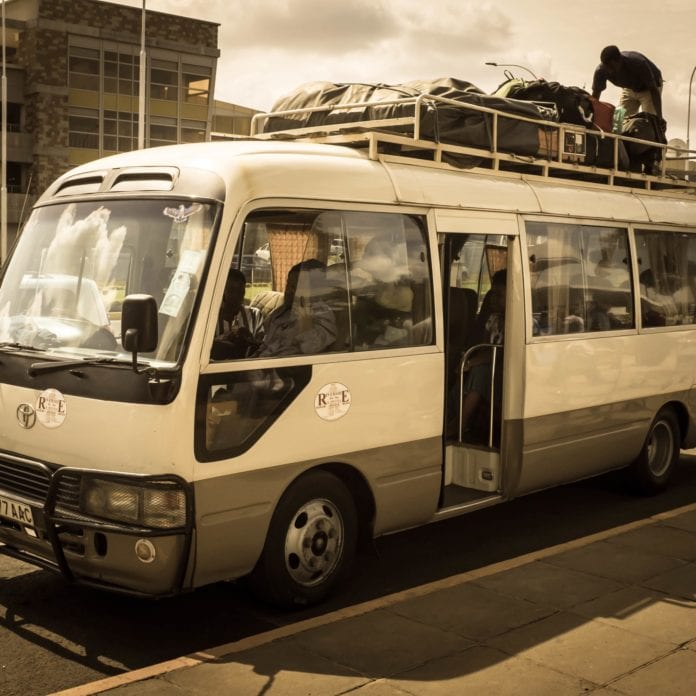BRCK says Africa’s internet challenge is no longer one of availability, but one of affordability
BRCK, a Nairobi-based internet hardware and service startup, is working with Egyptian ride-hail venture Swvl to install its routers on Swvl buses in Kenya. The routers will run BRCK’s Moja service, which offers free public Wi-Fi. The partnership is a response to Africa’s internet challenge, which, according to BRCK co-founder, Erik Hersman, is shifting away from availability and towards affordability.
“The demand for internet in Africa is largely driven by the 10-15% who can afford it. The real massive opportunity is trying to connect the 70-80% […] who can’t,” Hersman said.
Swvl, founded in Cairo in 2017, can be thought of as an uber-like service that provides commuters with shared buses. The company pays a monthly fee to BRCK for the routers themselves and for the maintenance of the routers.
Currently, BRCK has 15 units installed on Swvl buses in Kenya, and BRCK’s chief operating officer Nivi Sharma said it is looking to expand that number to 700 by 2020.
With BRCK’s Moja service, users can access Moja on their mobile phones, tablets or laptops on public transportation or in public areas. The network also includes additional free entertainment content like Music, TV shows, cartoons and books. As the use the service to browse, they earn points that can be applied to faster connectivity or premium content.
BRCK’s network has been available on numerous Matatu buses (mini buses) in Kenya and Rwanda since 2018, and according to company data, currently has 445,000 unique monthly active users on its Matatu-based Moja mobile network. The fixed network version of Moja – located in cafes, marketplaces and other public areas – has 150,000 unique monthly active users.

